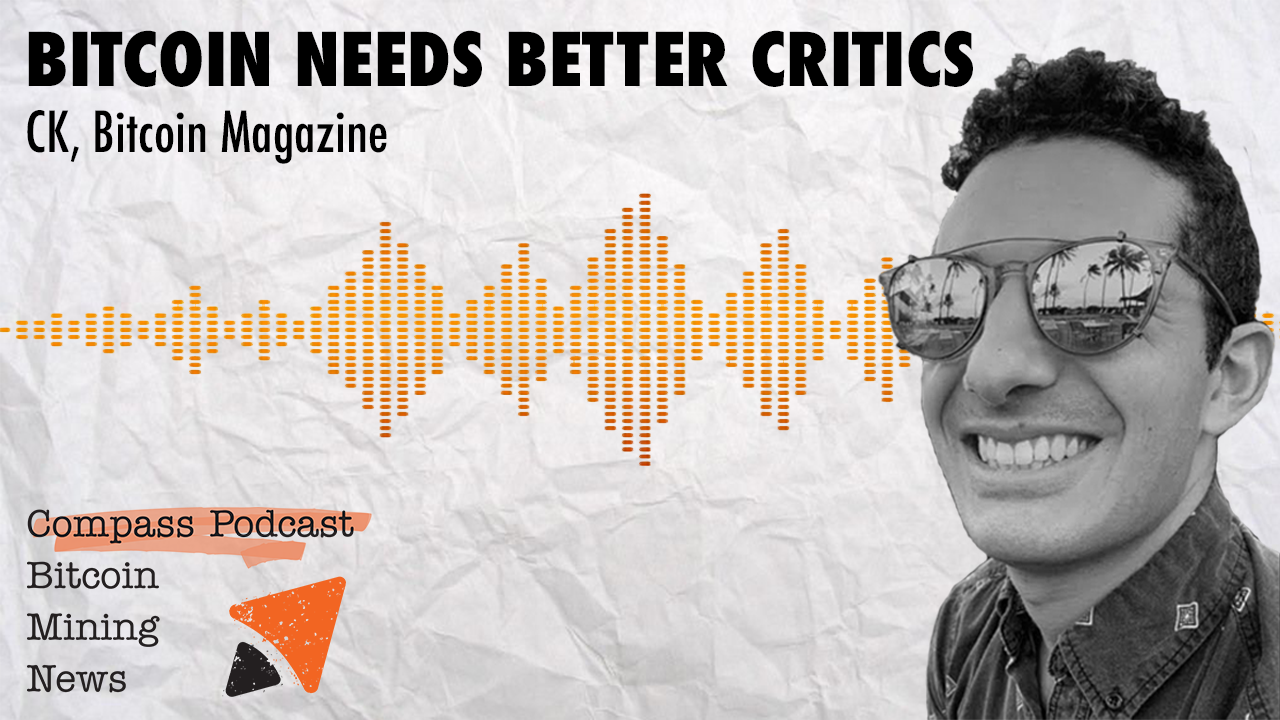 |
May 11, 2021
View in Browser |
|
|
Market Overview |
|
Price |
24H |
YTD |
| Bit Digital |
$9.69 |
-7% |
-62% |
| Bitfarms |
$5.49 |
-12% |
145% |
| Canaan |
$9.82 |
-4% |
41% |
| Ebang |
$2.85 |
-7% |
-63% |
| Hive |
$3.74 |
-5% |
37% |
| Hut 8 |
$5.77 |
-7% |
94% |
| Marathon |
$25.47 |
-8% |
106% |
| Northern Data |
$88.60 |
-3% |
8% |
| Riot |
$28.52 |
-5% |
52% |
|
Data as of 12:00 UTC |
|
|
|
|
|
• Mining clean blocks is really, really hard. |
|
|
• Miner wars could help alleviate Ethereum’s transaction woes. |
|
• F2Pool versus AntPool: The fight for first place. |
|
|
|
Proof of Work Overview |
| Bitcoin |
|
|
7D |
YTD |
| Price |
$54,960 |
-2% |
90% |
| Difficulty |
20.6T |
0% |
11% |
| Revenue* |
$0.37 |
-1% |
71% |
| Hashrate |
178 EH/s |
6% |
29% |
| Ethereum |
|
|
7D |
YTD |
| Price |
$3,922 |
11% |
437% |
| Difficulty |
7,631T |
5% |
105% |
| Hashrate |
594 TH/s |
7% |
102% |
|
* measured by $/TH/s |
|
|
|
Mining “clean” blocks is really, really hard. |
Block 682,170 was the first “clean” block mined by public mining company Marathon’s new pool. The block’s coinbase even contained the message: “MARA Pool - OFAC Compliant Block.”
This block marks a continued push to popularize the controversial practice of trying to mine bitcoin “compliant” blocks that exclude transactions from sanctioned entities and generate “clean” bitcoins.
To be clear, mining “clean” blocks is a euphemism for regulator bootlicking and is a direct attack on Bitcoin’s fungibility. The self-imposed practice also carries non-trivial financial disadvantages and a variety of obstacles that, in practice, make “clean” blocks very, very difficult to mine.
Practical problems for “clean” blocks
To generate a “clean” block, all the coins received by a miner must not be “tainted,” which means not used by a sanctioned entity or in criminal activity. Even though many Bitcoin addresses have been successfully matched with real-world identities, all or even most certainly have not. Thus, selecting transactions based on who the senders might be becomes little more than a guessing game.
Click here to continue reading this section of Mining Memo.
|
|
|
Miner wars could help alleviate Ethereum’s transaction woes. |
Centralizing Ethereum mining could make the network healthier – yes.
Flashbots has successfully on-boarded some 80% of hashrate to itself, with another percentage using variants of Mev-Geth software as well.
The remaining percentage, often termed rogue miners, operate their own sequencing projects or incentivize priority gas auctions (PGA) by not sequencing transactions. PGAs can be thought of as a negative externality pushed onto network users by driving up the average gas fee. MEV, on the other hand, is showing early signs of alleviating this pressure.
So, what if Flashbot miners could force the rogue miners to use Flashbots? Such a move would threaten the status quo, but could prove to be beneficial for the chain. Two methods are available: Orphaning blocks of non-Flashbot miners and/or time-bandit attacks against non-Flashbot miners.
Click here to continue reading this section of Mining Memo.
|
|
|
F2Pool versus AntPool: the fight for first place. |
Competition is heating up to unseat F2Pool from its long-held place as Bitcoin’s largest mining pool. Bitmain’s AntPool has its sights set on overtaking F2Pool’s hashrate, and the number of blocks mined per pool hints at AntPool’s ambition.
Over the past six difficulty periods, the percentage of blocks mined by AntPool has steadily increased from 13% to 22% in the last epoch. Over the same period, F2Pool’s share of blocks has mostly stayed flat just above 20%. And with 80% of the through the current difficulty period, AntPool has already mined almost 10% more blocks than F2Pool. |
 |
The difference between blocks mined by each pool, moreover, has steadily dropped for the past six months ever since F2Pool mined nearly twice as many blocks as Antpool in November 2020. In April, F2Pool mined only 121 blocks more than Bitmain’s pool.
Click here to continue reading this section of Mining Memo. |
|
|
|
Quick Bits |
A new bill in New York would halt bitcoin mining for three years to evaluate its environmental impact. Harvard Business Review’s piece on how much energy bitcoin mining consumes is worth a read. Iran has banned any bitcoins mined outside of the country.
Bitfarms is listed on the Nasdaq. |
|
|
|
|
|
 |
|
|
Bitcoin Needs Better Critics with Christian Keroles or Bitcoin Magazine |
|
|
|
 |
|
|
The Fundamentals of Bitcoin Mining Economics with Drew Armstrong and AJ Scalia of Galaxy Digital |
|
|
|
|
|
|
|
Compass is a modern media and Bitcoin mining company focused on driving the mass adoption of cryptocurrency. Our research analysts and content creators strive to provide actionable and engaging content on the most relevant industry topics.
For more information, to share content ideas, or to discuss mining news, email us at media@compassmining.io. |
|
|
|
|